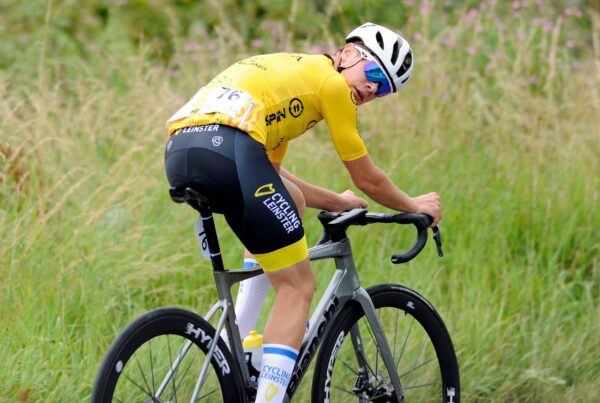
.
.
.
#MathieuVanDerPoel #TourDeFrance #CyclingNews #GreenCycling #Cyclocross #CyclingWorld #FlyingGroup #PrivateJet #CyclingControversy #EcoFriendlyCycling #CyclingPerformance #CyclingRecovery #CyclingCommunity #CyclingChallenges #CyclingLifestyle
Source link
Mathieu van der Poel, the renowned Dutch cyclist, found himself embroiled in controversy just ahead of the 2024 Tour de France after announcing a new partnership with The Flying Group, a private jet company. The deal sparked outrage among fans and environmental advocates, who criticized the move as out of touch with growing concerns about climate change and sustainability. Van der Poel, known for his luxurious lifestyle—such as racing cyclocross in a $300,000 Richard Mille watch and arriving at events in a Lamborghini—defended the partnership, framing it as a performance-based decision rather than an indulgence.
In a statement posted on Instagram, Van der Poel addressed the backlash, emphasizing that the partnership was about optimizing his performance and recovery. He explained that traveling by private jet reduces stress, minimizes exposure to crowds, and allows him to maintain peak physical and mental condition. “This partnership isn’t about luxury, it’s about performance, recovery, and the kind of support that helps me give 100 percent every time I show up,” he wrote. He also acknowledged the environmental concerns raised by critics, stating that he respects their voices and tries to make responsible choices where possible.
However, his explanation did little to quell the criticism. The comments on his announcement post were filled with disapproval, with fans urging him to take public transport and set a better example for future generations. Comments like “Take the train, set an example” and “Selling yourself just for the cash with no regard to future generations” highlighted the disconnect between Van der Poel’s actions and the growing demand for athletes to be conscious of their environmental impact.
This isn’t the first time Van der Poel has faced scrutiny for his opulent lifestyle. In the past, he’s been photographed arriving at cyclocross races in a Lamborghini and reportedly used a private jet for a 600km trip between race venues. These incidents, combined with his latest partnership, have painted him as a symbol of excess in a sport already under pressure to address its environmental footprint.
Pro cycling, particularly events like the Tour de France, has long been criticized for its environmental impact. The race involves hundreds of vehicles in its convoy, countless single-use plastics for nutrition and hydration, and extensive travel for teams and staff. While organizers like ASO have taken steps to reduce their carbon footprint—such as incorporating electric vehicles and carbon offset programs—partnerships like Van der Poel’s with a private jet company undermine these efforts in the eyes of many.
Van der Poel concluded his statement by reiterating his commitment to his career goals and thanking those who understood his perspective. “I always try to make responsible choices where I can, but I also stand by the commitment I’ve made to my goals,” he wrote.
The controversy comes as Van der Poel prepares for his sixth Tour de France, where he and his Alpecin-Deceuninck teammate Jasper Philipsen are expected to be key contenders. While his partnership with The Flying Group has undoubtedly provided him with logistical advantages, it has also highlighted the tension between individual performance and collective responsibility in the face of global environmental challenges. Whether this controversy will impact his performance or reputation remains to be seen, but it has certainly sparked a broader conversation about the role of athletes in promoting sustainability.







